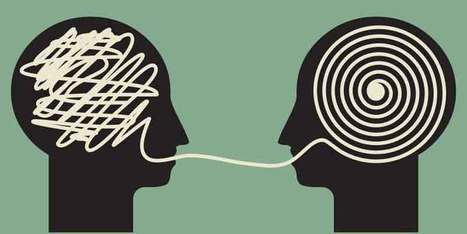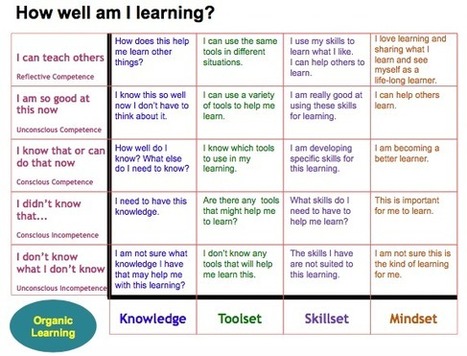Are You Open to Feedback?
Some people avoid feedback like the plague. They think that if they don’t know their flaws, they don’t have any. It shouldn’t come as a surprise that these folks make the same mistakes over and over again. Other people evade constructive feedback by surrounding themselves with yes people. They’d rather receive confirmation of their own ideas than be challenged by opposing views. While that might do wonders for their ego, it does little to advance their cause. The fact is, surrounding yourself with yes people is like talking to yourself.
Feedback should be welcomed rather than feared.
In fact, we should thank folks who make the effort to nurture us with their valuable input –– even if it hurts at times. How do you expect to become a better person if you don’t know where to begin? The truth is, practice doesn’t make perfect if you’re doing it wrong. Feedback enables us to learn about our shortcomings and take corrective action. Don’t bury your head…nourish it. That’s how excellence is born.
Learn more / En savoir plus / Mehr erfahren:
http://www.scoop.it/t/21st-century-learning-and-teaching/?tag=feedback
http://www.scoop.it/t/21st-century-learning-and-teaching/?tag=Coaching
https://gustmees.wordpress.com/2014/01/04/practice-better-ways-to-say-i-dont-know-in-the-classroom/
http://www.scoop.it/t/21st-century-learning-and-teaching/?tag=Criticism



 Your new post is loading...
Your new post is loading...

















In fact, we should thank folks who make the effort to nurture us with their valuable input –– even if it hurts at times. How do you expect to become a better person if you don’t know where to begin? The truth is, practice doesn’t make perfect if you’re doing it wrong. Feedback enables us to learn about our shortcomings and take corrective action. Don’t bury your head…nourish it. That’s how excellence is born.
Learn more / En savoir plus / Mehr erfahren:
http://www.scoop.it/t/21st-century-learning-and-teaching/?tag=feedback
http://www.scoop.it/t/21st-century-learning-and-teaching/?tag=Coaching
https://gustmees.wordpress.com/2014/01/04/practice-better-ways-to-say-i-dont-know-in-the-classroom/
http://www.scoop.it/t/21st-century-learning-and-teaching/?tag=Criticism